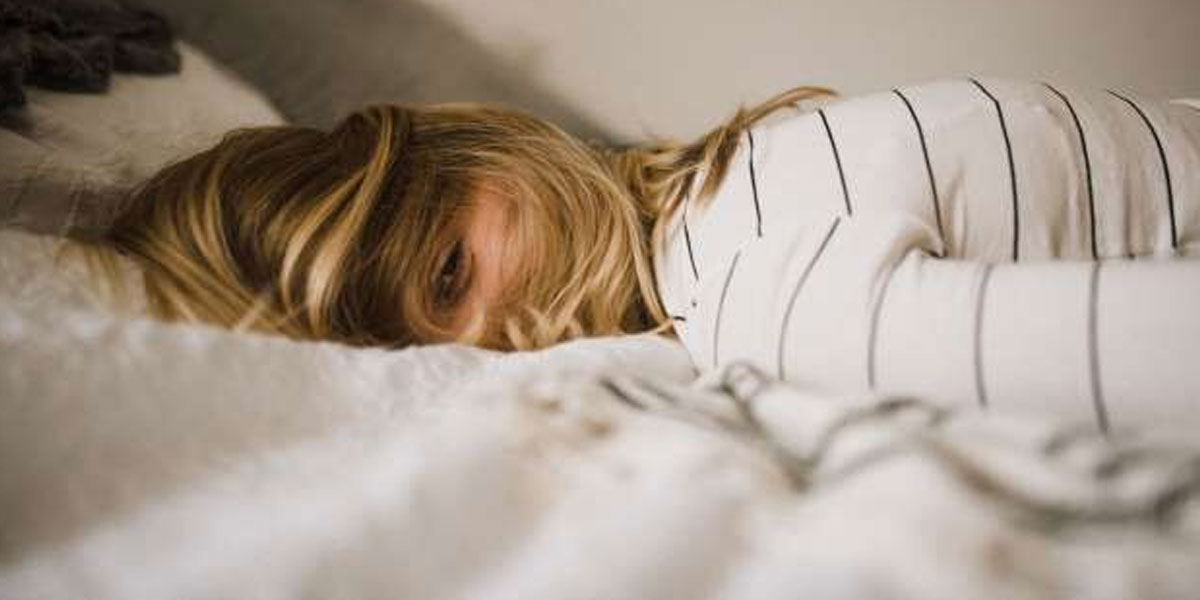Anxiety linked to kicking, elling during sleep: Study

Taking anti depressants or having post traumatic stress disorder or anxiety are risk factors for a disruptive and sometimes violent sleep disorder called rapid eye movement REM sleep behaviour disorder, says a study
Taking anti-depressants or having post-traumatic stress disorder or anxiety are risk factors for a disruptive and sometimes violent sleep disorder called rapid eye movement (REM) sleep behaviour disorder, says a study.
REM sleep is the dream state of sleep. A person may act out violent by yelling, flailing their arms, punching or kicking, to the point of harming themselves or a sleep partner.
During normal REM sleep, your brain sends signals to prevent your muscles from moving. However, for people with REM sleep behavior disorder, those signals are disrupted.
"While much is still unknown about REM sleep behaviour disorder, it can be caused by medications or it may be an early sign of another neurologic condition like Parkinson's disease, dementia with Lewy bodies or multiple system atrophy," said study author Ronald Postuma at the McGill University in Canada.
For the study, the researchers looked at 30,097 people with an average age of 63.
They identified 958 people, or 3.2 per cent with possible REM sleep behaviour disorder, after excluding participants with Parkinson's disease, dementia, Alzheimer's disease or sleep apnea.
In addition, findings, published in journal Neurology showed that 13 per cent of those with the disorder taking anti-depressants to treat depression compared to 6 per cent without the disorder.
People with the disorder were also two-and-a-half times as likely to have post-traumatic stress disorder and twice as likely to have mental illness, findings showed.
Other findings were that men were twice as likely as women to have possible REM sleep behaviour disorder.
People with possible REM sleep behaviour disorder were 25 per cent more likely to be moderate to heavy drinkers than those without the disorder.
"Our hope is that our findings will help guide future research, especially because REM sleep behaviour disorder is such a strong sign of future neuro-degenerative disease," said Postuma.
Identifying lifestyle and personal risk factors linked to this sleep disorder may lead to finding ways to reduce the chances of developing it, the team noted.

















